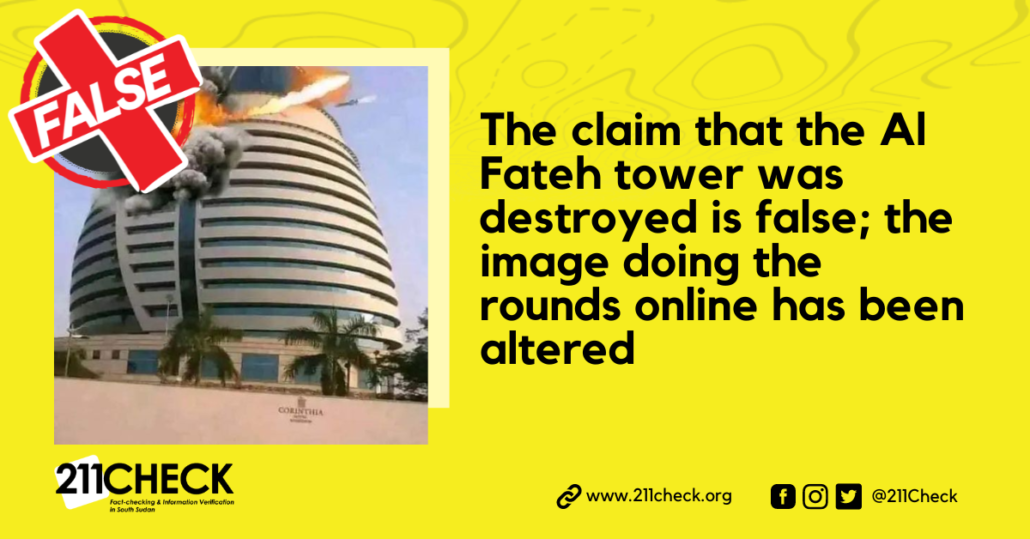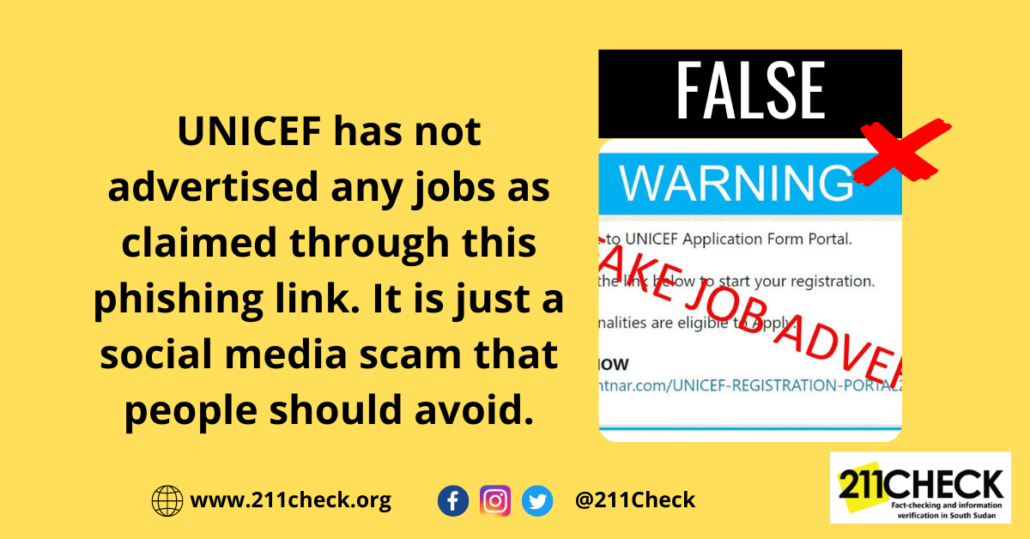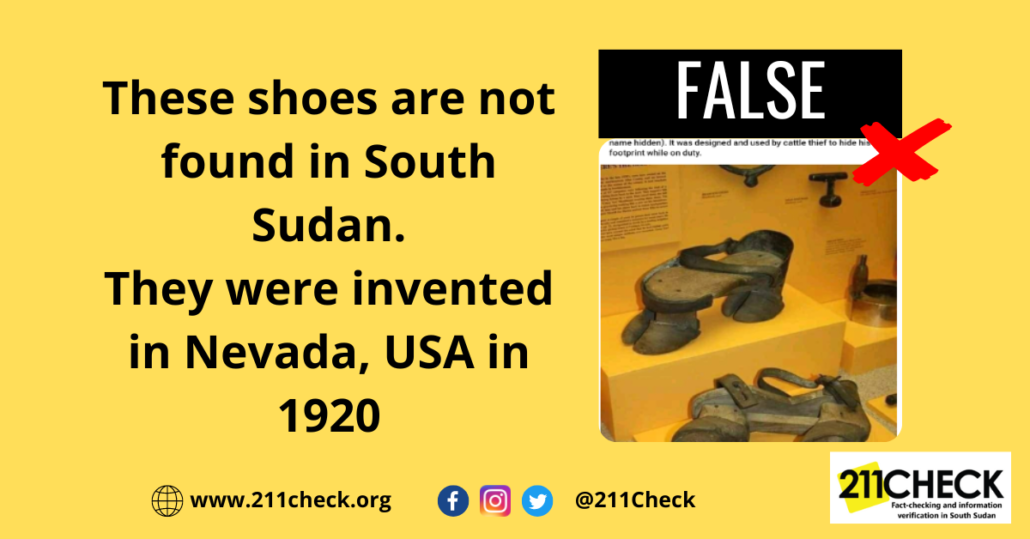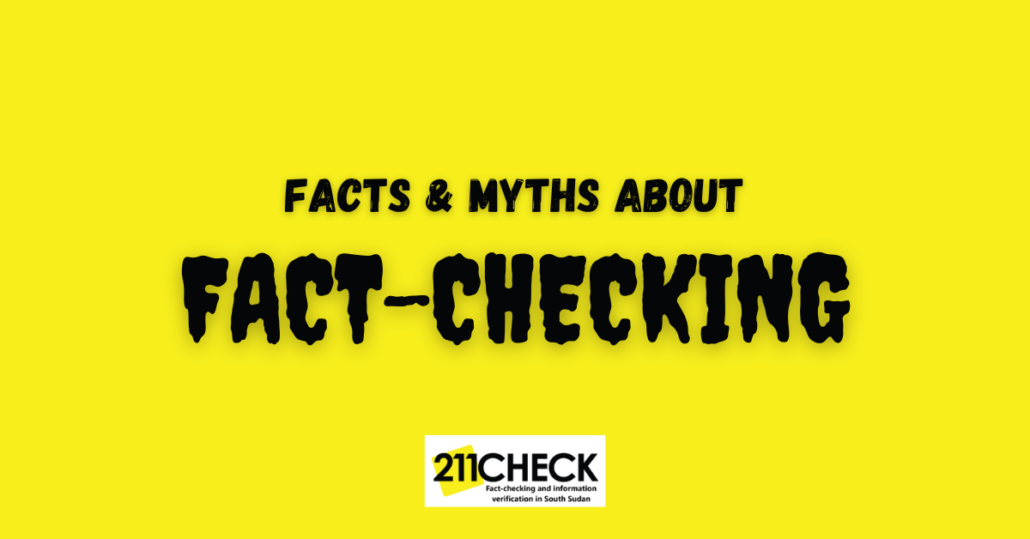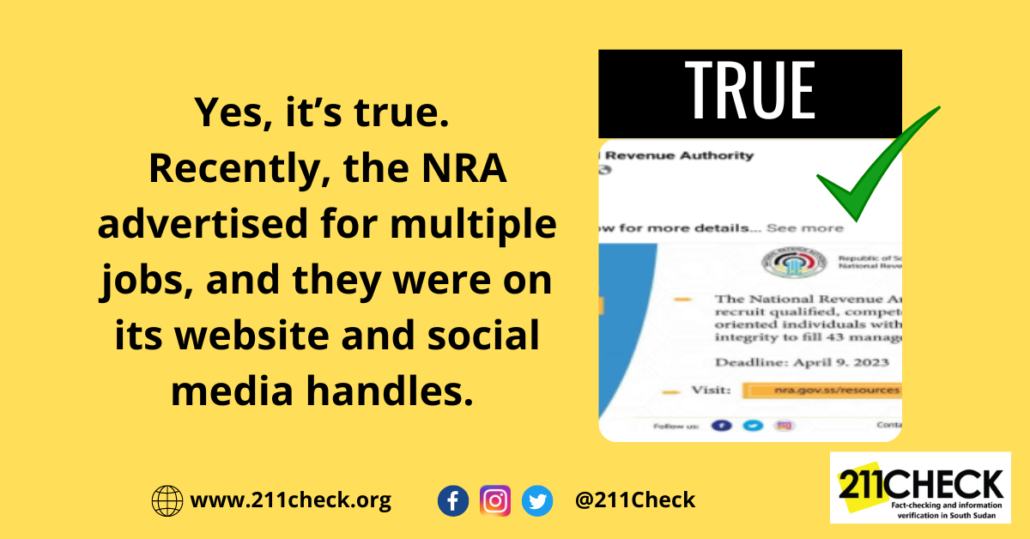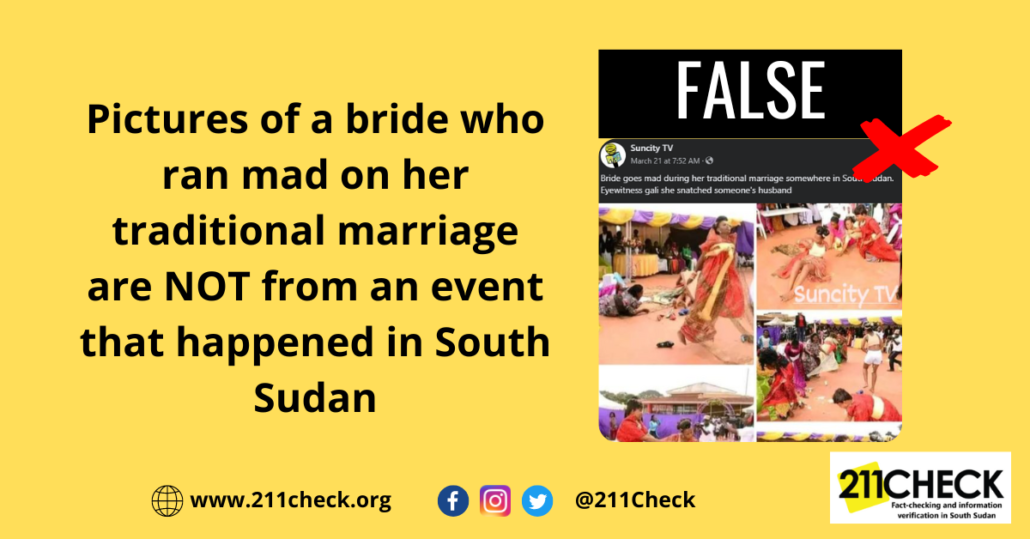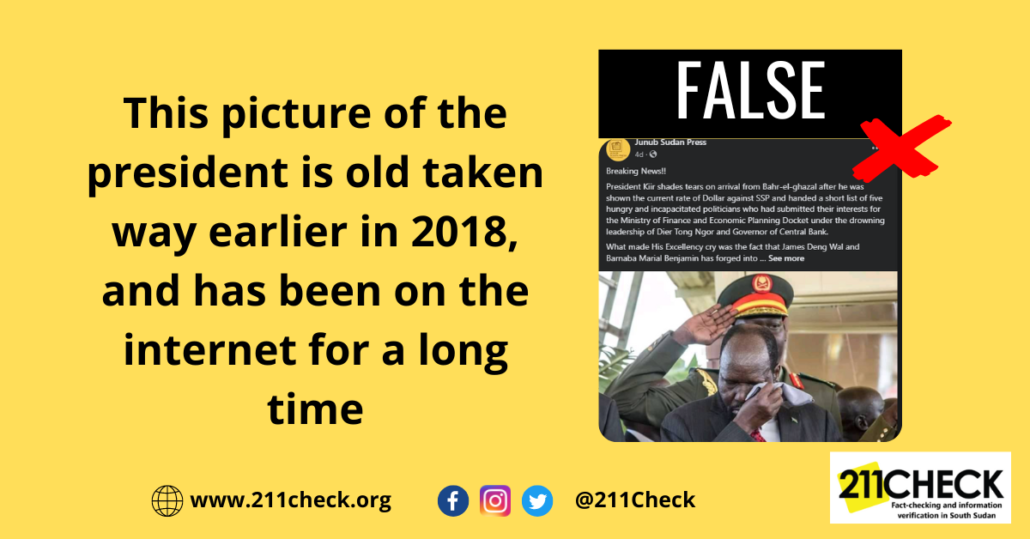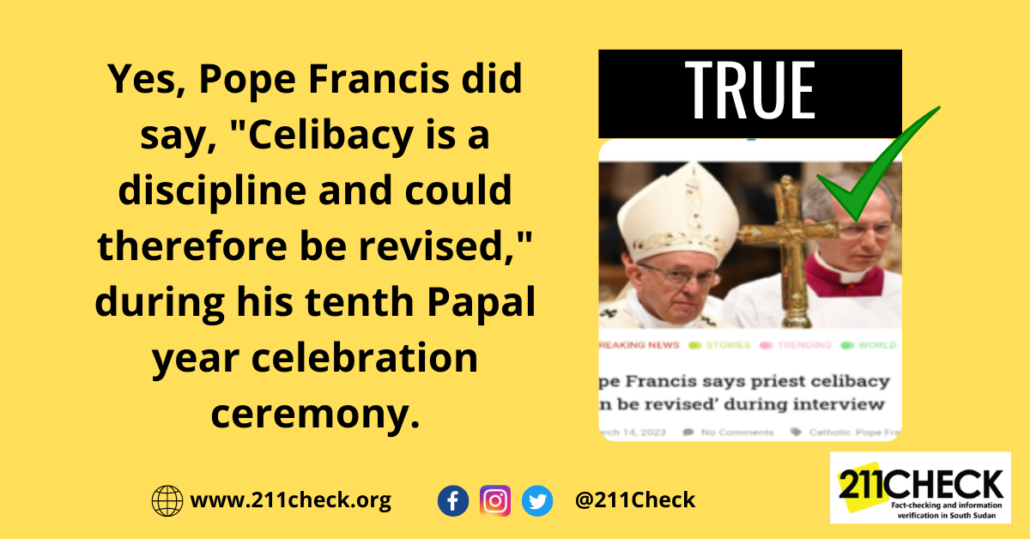Fact-check: Is Al Fateh Tower destroyed in Khartoum, Sudan?
No, the claim that the Al Fateh tower was destroyed is false; the image doing the rounds online has been altered.
Writer: Beatrice Amude Paulino
According to a Facebook post by Dalmout Media, the Corinthia Hotel, commonly known as Burj Al Fateh, has been destroyed in the current civil war in Sudan. The page has an audience of 6,500 likes and 2,800 followers and claimed in a post that had already made five shares within 18 hours of circulation.
The same picture was also shared on Twitter here.
Burj Al Fateh, also known as Corinthia Hotel, overlooks Tuti Island, where the Blue and White Nile converge and are shaped to resemble a twin sail. It is one of the city’s most luxurious and atmospheric hotels.
According to the Google search lens, there is no destruction on the Burj Al Fateh building in Khartoum, Sudan. Still, the image that Dalwout Media uses is an altered picture of the original image of the building. This is because there needs to be evidence from the main and international media like Al Jazeera, who have been following and covering the war from day one.
Some of the views under the Dalwout Media post stated that “The situation is tragic enough without fake photos being used and certainly does not support your credibility.” Rebecca Bradley. This supports the fact that the building wasn’t destroyed.
AI Fateh Tower, also commonly called Burj AI-Fateh Hotel and Corinthia Hotel, is a five-star hotel located in central Khartoum, the capital of Sudan, the meeting point of the Blue Nile and the White Nile In the centre of Khartoum’s commercial, business and administrative districts.
Conclusion:
211 Check finds the claim that the war in Sudan has destroyed Burj Al Fateh as false; the image was altered. The picture was randomly collected from the internet to fabricate a story that has yet to occur in Khartoum, Sudan, due to the clashes in Sudan.
Fight misinformation in mainstream and alternative media by not being a victim of fake news. Refrain from sharing content you are unsure about or don’t know where it comes from to prevent spreading false information. For more information on our fact-checking process, visit https://211check.org/ or send us a WhatsApp message at +211 917 298 255 to present a claim. Our team will fact-check it and respond promptly. #FactsMatter

